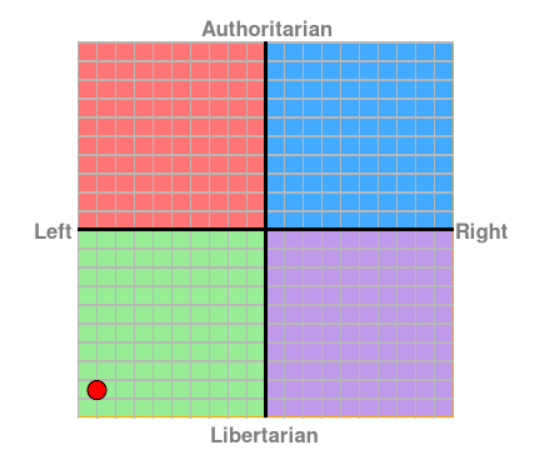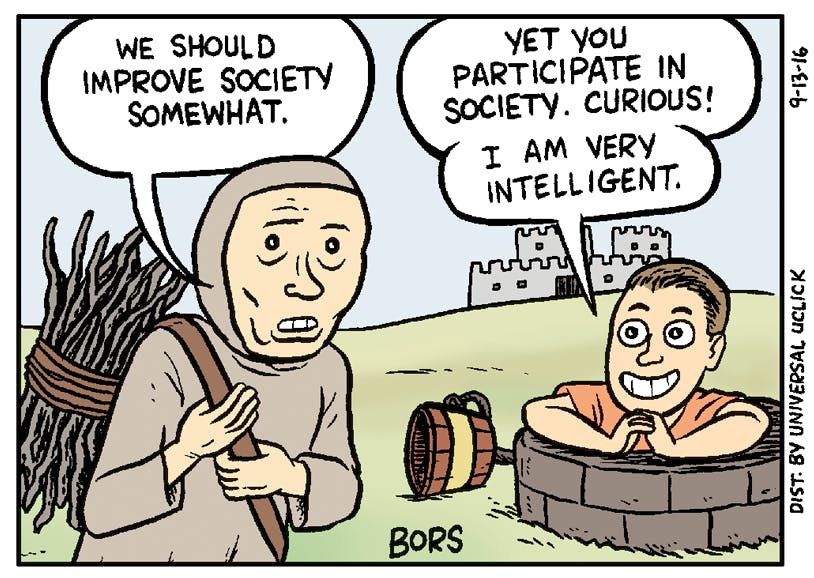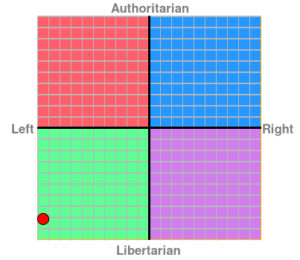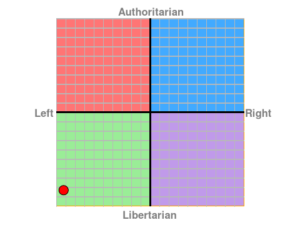A few people decided to run for the Democratic nomination for President. Here are my thoughts on them.
1. Hillary Clinton, but played by Abe Simpson – Joe Biden. It’s his turn. If he wins the nomination, Trump gets re-elected, Republicans hold the Senate, and probably take the House back.
2. Your Friend’s Grampa who is Really Cool and Woke, Unlike Other Boomers – Bernie Sanders is crotchety and seems a bit angry, but he’s angry about shit you’re angry about and chills with Cardi B, which quite honestly, you’re not sure about. I mean… is it possible that he’s cooler than you?
3. Lady Bernie Sanders – Jane Foster was a better Thor than Thor Odinson, and yet, was still called “Lady Thor” like “Wow it’s Thor but she’s got tits!” was what defined her. Similarly, Elizabeth Warren is everything good about Bernie Sanders, and she’s also better. Here’s hoping that they have an epic battle before Sanders realizes she’s better suited to wield them hammer and gives his blessing.
4. Store Brand Michelle Obama – Kamala Harris is the strong black woman in the race. However, she’s like Go-Bots instead of Transformers. Face it, you really wish she was Michelle Obama, because Best FLOTUS never locked anyone up for rolling a joint.
5. 2008 Barack Obama, But He’s White. And Gay. Pete Buttigieg is the only one in the race with Kennedy Swagger, but like 2008 Barack Obama, the only reason he’s polling so well is due to the fact that everyone wants to fuck him. He supports whatever policy position that best gets your pants off.
6. Eligible Bachelor Barack Obama, Who is Somehow Unpopular. Please explain to me how Cory Booker, a relatively charismatic black man – who is fair game for all of your fantasies – is not polling well?
7. Woman Selling Pies at a County Fair. Amy Klobuchar has a saying where she comes from, and I’m fairly certain it’s “Aw shucks.” That’s it.
8. Rich Guy Who Is Obviously Dying and Needs To Make Up For His Sins Quickly Lest He Burn In Hell. Andrew Yang is trying to give away money, and I can only assume it is to soothe his conscience after a life of shameless wealth-hoarding and probably more than a few murders.
9 and 10. Once Upon A Time In Old Mexico (Texas). Beto O’Rourke and Julián Castro seem to be fighting over who is the least and/or most Texas, and neither of them is going to win. Also they’re both Latino, right? Beto sounds Latino, so I’m assuming. He has to be, otherwise why on Earth would he think he has any reason to be in the race?
11. Candidate Barbie. Like Barbie, Kirsten Gillibrand’s message gets lost due to the fact that people think she’s just a pretty face, which is sad, because it is a decent message that should resonate.
12. The Baroness from G.I. Joe. Tulsi Gabbard is strangely evil, even if you sometimes want to root for her because she’s calling out someone else’s evil. Just remember, her whole motivation is that she wants money and power and to fuck Destro.
13. Kind of Sexy Aging Captain Planet. Jay Inslee knew when he was licked, but he had a point and fought to get it center stage. Also with those glasses on… kind of a hunk.
14. Extra From a Seinfeld Episode Who Somehow Makes The Main Cast Look Sympathetic and Not Horrible. No one likes Bill DiBlasio. Even when he says things that make sense. He’s just clinically unlikable. He won New York City by being the least liked candidate, because that’s how New Yorkers vote. It has to be the way they vote, because Bloomberg and Giuliani.
15. Ms. Frizzle from Magic Schoolbus, Hopped Up On Peyote. Marianne Williamson is 100% bat-fucking crazy, but hot damn she’s actually made more than a few salient points, which makes perfect sense considering the reality we live in.
16-22. Escaped Rejects from the Joe Biden Clone Factory. Bennet, Hickenlooper, Bullock, Ryan, Moulton, Sestak, and Swalwell. Aside from the fact that I saw more than one on stage at the same time, I have no reason to believe they are different people . I assume all of them are named John. No, I’m not going to look it up. They are all identical, grotesque clones left to run free in Iowa. Every so often the authorities catch one. I don’t know which of them are still running.
I don’t care.
23. Another Biden Clone But Like One of The Failed Ripley Clones They Found in a Tank in Alien 4. Like that movie, John Delaney is just awful.
24. Florida Man, World’s Worst Superhero, Runs for President. Did you know that Wayne Messam was running for President? Do you know who Wayne Messam is? I guarantee you that there are people in Wayne Messam’s immediate family who can truthfully answer ‘no’ to both questions.
25. Montgomery Burns, Trying To Buy The Presidency. Tom Steyer literally spent millions of dollars in order to raise $130,000 just to get on the debate stage. I feel like having an idiot businessman purchase his way to power has worked out poorly before. Recently.
26. Whistling Abe Simpson, Walking Into a Restaurant, Putting His Hat On The Rack, Circling, Grabbing His Hat, and Walking Back Out. Mike Gravel actually did not realize he was running until someone told him, because a few high school kids filed for him.
27. Man, Momentarily Possessed by Demons, Breaks Free And Defeats Them. Richard Ojeda was running for exactly 69 days (starting on November 11, 2018) before he realized that was a completely stupid idea, and went back to being a normal person again. Number of candidates who entered the race after him: 15.





